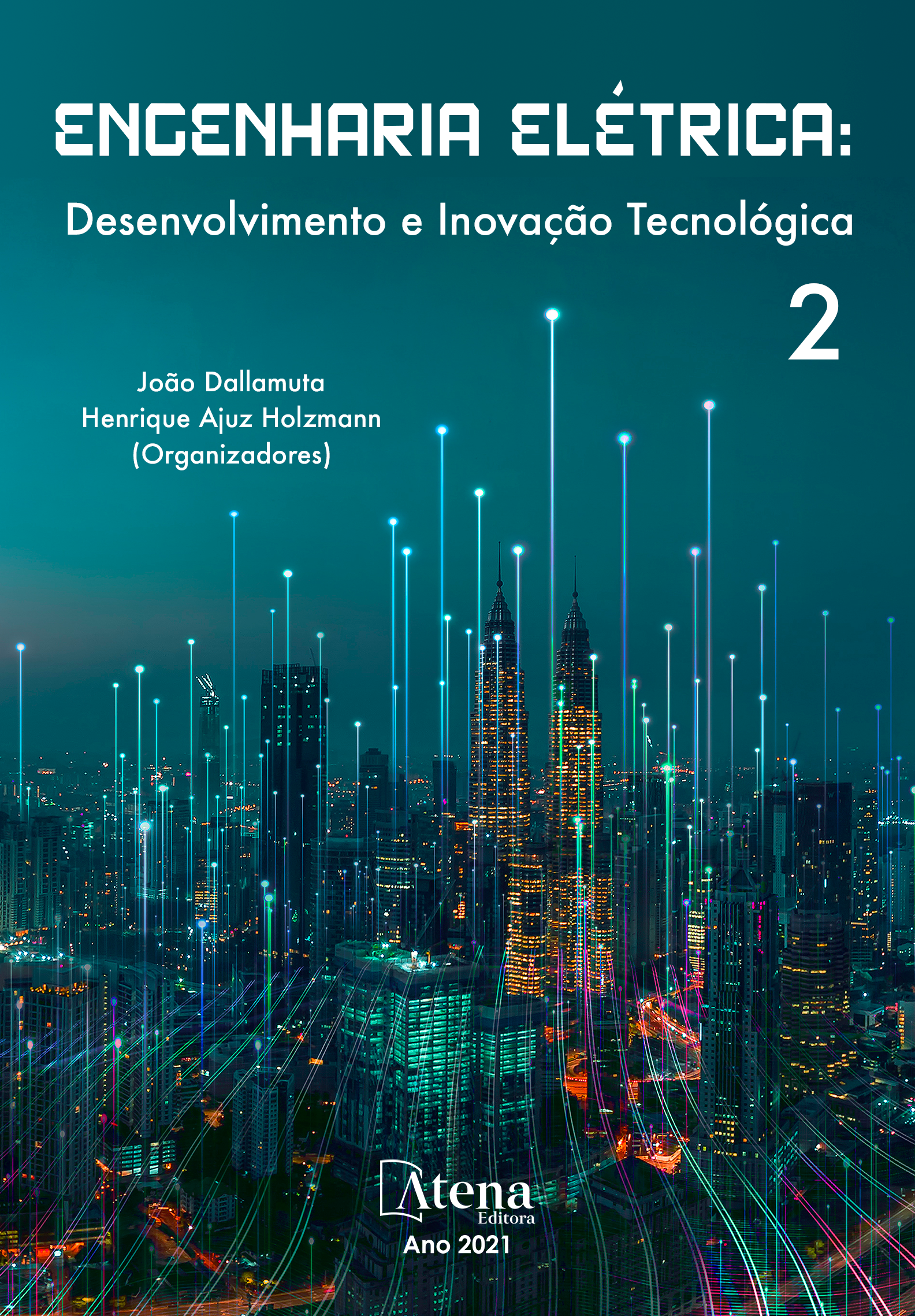
SÍNTESE DE UM CONTROLADOR MPC PARA O CONDICIONAMENTO DE AR DO EDIFÍCIO MODERNO
Este trabalho apresenta a síntese de um controlador preditivo para controlar a temperatura de operação de 35 zonas do Edifício Moderno, pela manipulação da abertura da válvula de expansão eletrônica e rotação do chiller e das frações de bypass de água fria para os fancoils que fornecem água gelada para as zonas. O controlador preditivo foi modelado como um problema da programação não linear sujeito a restrições, dentre as quais se incluem as faixas de operação da rotação do compressor e da temperatura da água que sai do evaporador. Para avaliar a operação do controlador proposto, considerou-se a sua capacidade de implementar alterações no setpoint das temperaturas das zonas e de rejeitar perturbações na edificação devidas a variações na ocupação e ambientais. O desempenho do controlador preditivo proposto foi comparado ao de um controlador tradicional do tipo PID sintonizado pela técnica de controle por modelo interno (IMC). Mostra-se, no trabalho, que o uso da tecnologia de controle avançado é viável para este tipo de sistema e permite controlar a operação em condições fora do projeto (off-design), diferentemente do que ocorre com o controlador PID. Contudo, o procedimento de sintonia do controlador preditivo não é trivial e alguns cenários simulados mostram a necessidade de uma melhoria na sintonia. Este estudo foi realizado por simulações da planta virtual do Edifício Moderno no ambiente de programação do simulador MATLAB ® R2006b.
SÍNTESE DE UM CONTROLADOR MPC PARA O CONDICIONAMENTO DE AR DO EDIFÍCIO MODERNO
-
DOI: 10.22533/at.ed.33321170611
-
Palavras-chave: Controle Preditivo. Ar condicionado. PID-IMC
-
Keywords: Model Predictive Control. Air conditioning. PID-IMC.
-
Abstract:
This work presents the synthesis of a predictive controller that controls the operating temperatures of 35 zones of Edifício Moderno by manipulating the opening of the electronic expansion valve and the rotation of the compressor of the chiller and the water bypass fraction to each fancoil used to control the air temperature of each zone. The predictive controller was modeled as a nonlinear programming problem subjected to constraints, including operational bounds on the rotation of the compressor and bounds on the temperature of the cold water from the evaporator. In order to evaluate the operation of the controller, the setpoint tracking capability of the controller was analyzed as well as its capacity to reject disturbances due to variations in thermal occupancy load and ambient external conditions. The performance of the proposed controller was compared with a traditional PID controller tuned by the IMC technique. It is shown that the usage of the proposed advanced control technology is viable for this kind of system and enables controlling off-design conditions, differently from what happens with the PID controller. However, the tuning procedure of the predictive controller is not trivial and some scenarios show the necessity of improving the tuning. For this study, simulations of the virtual plant of Edifício Moderno were performed using MATLAB ® R2006b.
-
Número de páginas: 15
- Catarina Gomes dos Santos
- Alessandro Ferreira da Silva
- José Pucci Caly
- Maria Thereza de Moraes Gomes Rosa
- Miriam Tvrzská de Gouvêa


